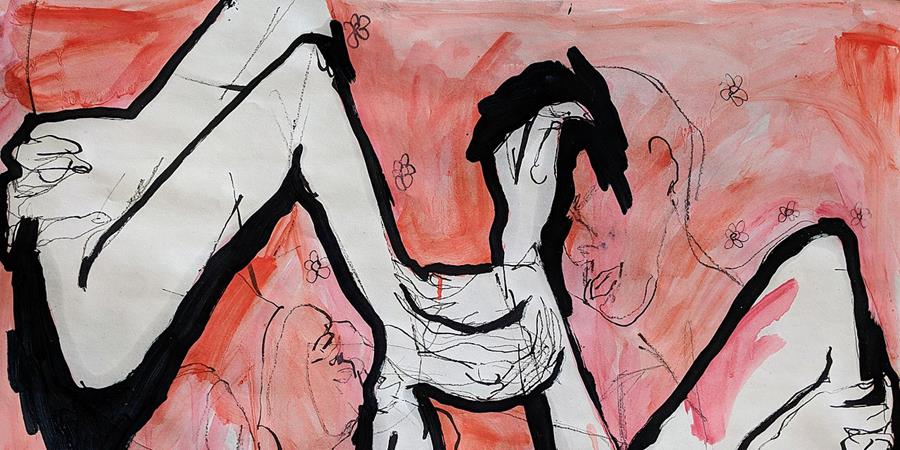Not everything that is faced can be changed; but nothing can be changed until it is faced. —James Baldwin (1924–1987)
Almost all religions and cultures that I know of have believed in one way or another that sin and evil are to be punished and that retribution is to be demanded of the sinner—in this world and usually the next world, too. Such retributive justice promotes a dualistic system of reward and punishment, good people and bad people, and makes perfect sense to the ego. I call it the economy of merit or “meritocracy.” This system seems to be the best that prisons, courtrooms, wars, and even most of the church are equipped to do. The trouble is that we defined God as “punisher in chief” instead of Healer, Forgiver, and Reconciler; thus, the retribution model was legitimized all the way down!
However, Jesus, many mystics, Indigenous cultures, and other wisdom traditions show an alternative path toward healing. In these traditions, sin and failure are an opportunity for the transformation of the person harmed, the person causing harm, and the community. Mere counting and ledger-keeping are not the way of the Gospel. Our best self wants to restore relationships, and not just blame or punish. This is the “economy of grace” and an operative idea of restorative justice.
After being wronged, few human beings can move ahead with dignity without a full and honest exposure of the truth, as well as accountability. You cannot heal what you do not acknowledge. Hurt does not just go away on its own; it needs to be spoken and heard. Only then is there a possibility of “restorative justice,” which is what the prophets invariably promise to the people of Israel (as in Ezekiel 16:53-63; Isaiah 57:17‒19) and Jesus illustrates in the story of the Prodigal Son (Luke 15:11‒32) and throughout his healing ministry.
While I can talk about restorative justice from the framework of Scripture and theology, this week I will rely on experts in the field. Teachers and practitioners Elaine Enns and Ched Myers define restorative justice and peacemaking as “a range of nonviolent responses to injustice, violation, and/or violence with the aim of
- reducing or halting the presenting violence in order that
- victims and offenders (as well as their communities and other stakeholders) can collectively identify harms, needs, and responsibilities so that
- they can determine how to make things as right as possible, which can include covenants of accountability, restitution, reparations and (ideally) reconciliation.” [1]
We all need to apologize, and we all need to forgive, for humanity to have a sustainable future. Otherwise, we are controlled by the past, individually and corporately. History easily devolves into taking sides, bitterness, holding grudges, and the violence that inevitably follows. No wonder that almost two-thirds of Jesus’ teaching is directly or indirectly about forgiveness. As others have said, “Forgiveness is to let go of our hope for a different past.” Reality is what it is, and such acceptance leads to great freedom, and the possibility of healing forgiveness.


